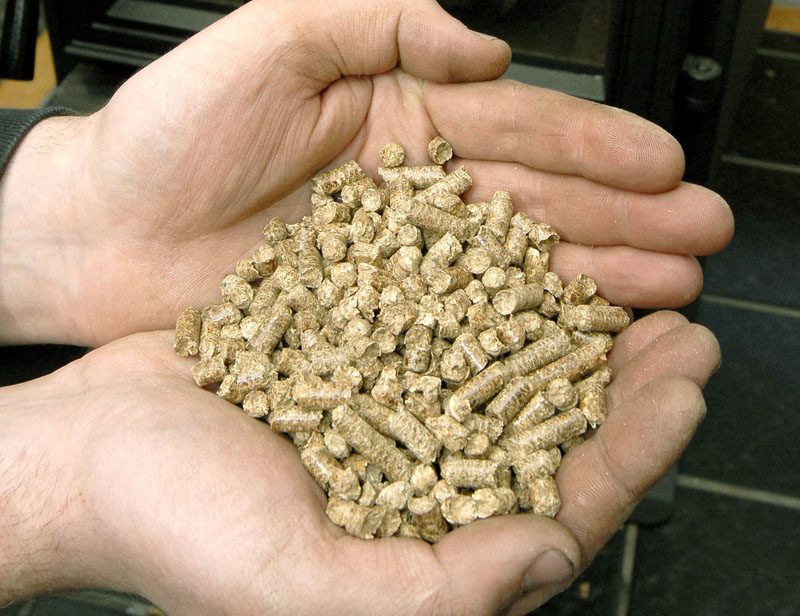Maine has choices to make when it comes to its energy future. Our state has already invested millions in off-shore wind development, and has steered millions more into home weatherization initiatives.
Those are both wise investments, but our investments should not stop there. Maine should also be aggressive in helping people shift from oil to wood pellets for home heating.
Maine residents are heavily dependent on heating oil, making us vulnerable to price shocks. It also guarantees that we will export billions of dollars from the state economy.
Maine has the sustainably harvested biomass and the manufacturing infrastructure to produce wood pellets to be burned for heating. All we need is to develop the market for this renewable, alternative fuel.
That would require significant investment. Efficient wood-fired boilers are common in parts of Europe, where a 30 percent government subsidy in some countries defrays the cost of installation.
But they are barely making a dent here because of their initial cost. Depending on the size of a house, installing a wood-fired boiler can cost twice as much as a new oil-fired unit. A homeowner would still likely save money by converting as oil prices climb, but the payback is too gradual for many people to make the switch. The international recession, which has depressed oil prices for two years, slows the process down.
State and federal green energy policy should do more to promote conversion to modern wood-fired heat.
Biomass generation got some bad press last month, when it was reported that a Massachusetts study found it less clean than coal when it comes to greenhouse gas emissions.
Reports of the study were oversimplified in many of the stories, but the critical comments were focused on biomass electric generation plants, not home heating.
But the same report had favorable comments about the environmental impact of burning wood pellets for heat.
Maine is not like most of the country. It is unusually dependent on heating oil and has abundant wood resources.
Maine will benefit from investments in wind power and weatherization, but it would also benefit by converting to pellet heat. Our energy policy should reflect that.
Send questions/comments to the editors.


